
Endometriosis is a condition in which the cells that normally belong to the lining of the uterus, or endometrium, appear outside the uterus, for example on the ovaries.
The abnormal growth of endometrial cells usually occurs in the pelvic area, including ovaries, bowels, anus, bladder and such. In this condition, which is not uncommon, the cells that grow outside the uterus do not shed as the endometrium normally does in each menstrual cycle, and they stay in place instead. Such tissues may bleed but they heal again in certain moments of the cycle, and this process eventually leads to adhesions or scarring.
As for the causes of endometriosis, they are not completely clear but it is suspected that, when the endometrium becomes loose prior to the shedding, some cells migrate up the fallopian tubes into the pelvic and abdominal cavity, where they attach themselves to normal tissue and start growing.
Endometriosis can start at any time after the first period but in most cases the first symptoms appear between ages 25 and 30.
The symptoms of endometriosis may vary but the pain is present in almost all women who suffer from this condition. The pain is almost always present during menstrual cycles and also for a few weeks prior to menstrual bleeding. Sexual intercourse can become painful, and so can bowel movements.
The severity of pain varies from woman to woman. Some women with endometriosis do not even feel any pain at all.
Endometriosis and menopause
Most women do not look kindly to menopause since it involves many unpleasant symptoms, such as mood swings, hot flashes, weight gain, vaginal dryness and many more. However, women with endometriosis may actually look forward to it because during menopause the symptoms of endometriosis may actually become much milder or even disappear.
This is probably because endometriosis becomes more apparent during menstruation, when the endometrial cells outside the uterus start acting as if they were inside the uterus, swelling, shedding and bleeding. Since menstrual cycles do not exist anymore in menopause and the ovaries become inactive, which greatly reduces symptoms of endometriosis.
The same goes for women who have had their ovaries and/or uterus taken out for various reasons.
However, not all women with endometriosis will experience total relief from the symptoms when they reach the menopause. If a woman takes hormone replacement therapy or if the body continues to produce hormones, the symptoms of endometriosis will still be present.
If symptoms of endometriosis occur during menopause, it is recommended to see a doctor who will recommend ways to deal with it. Pain killers, natural methods and lifestyle changes can have a beneficial effect on endometriosis and its symptoms during menopause.



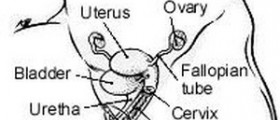
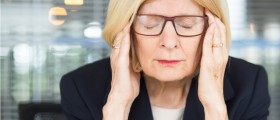



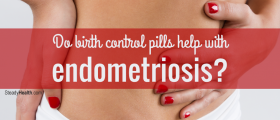

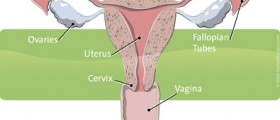


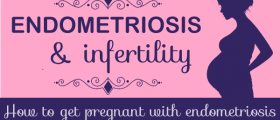



Your thoughts on this
Loading...